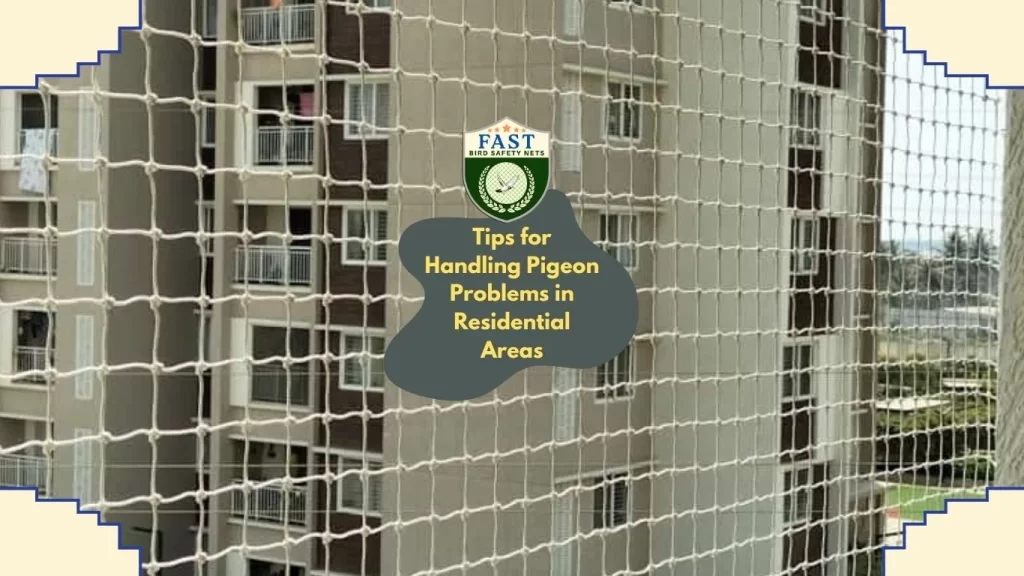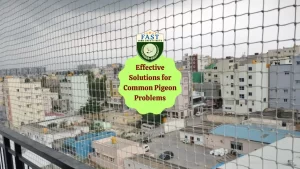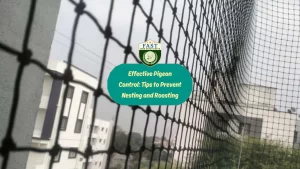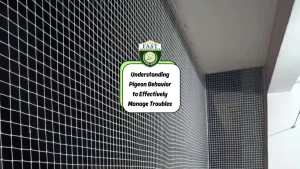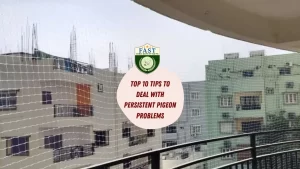Pigeons can be a nuisance in residential areas, causing damage and health concerns. In this blog post, we’ll provide practical tips for effectively handling pigeon problems and maintaining a clean and safe environment.
Identify Nesting Sites: Identify areas where pigeons are roosting or nesting, such as ledges, balconies, and rooftops. Removing nests and blocking access to these sites can discourage pigeons from returning.
- Install Pigeon Spikes or Netting: Use pigeon spikes or netting to prevent pigeons from landing or roosting on surfaces like window sills, ledges, and rooftops. These physical barriers deter pigeons without causing harm.
- Maintain Cleanliness: Keep residential areas clean and free from food scraps, garbage, and standing water, which can attract pigeons. Regularly clean outdoor spaces and dispose of waste properly to reduce pigeon activity.
- Scare Tactics: Use scare tactics such as predator decoys, motion-activated devices, or reflective surfaces to deter pigeons from frequenting residential areas. These methods create a hostile environment for pigeons, encouraging them to seek alternative roosting sites.
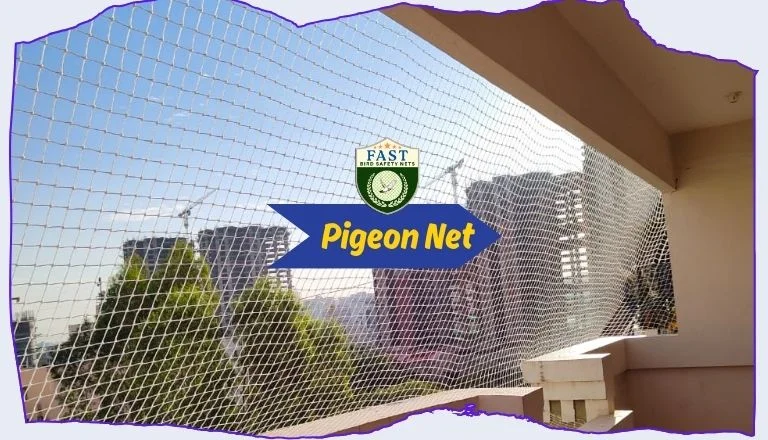
- Trim Vegetation: Trim trees, bushes, and shrubs near residential buildings to eliminate potential roosting spots for pigeons. Removing overhanging branches and dense foliage reduces hiding places and makes it less attractive for pigeons to nest.
- Seek Professional Help: If pigeon problems persist despite preventive measures, consider seeking assistance from pest control professionals. They can assess the situation, implement effective control measures, and provide long-term solutions tailored to residential needs.
By following these tips, residents can effectively manage pigeon problems in residential areas and create a healthier and more comfortable living environment for themselves and their neighbors. Taking proactive steps to deter pigeons helps prevent property damage, reduces health risks, and promotes overall well-being in the community.

